The Forum for African Women Educationalists (FAWE) actively participated in the 2025 ADEA Triennale, held from 29–31 October in Accra, Ghana, under the theme “Strengthening the Resilience of Africa’s Educational Systems: Advancing Towards Ending Learning Poverty by 2035.” The Triennale brought together education policymakers, researchers, and development practitioners to chart a transformative path for education across Africa.
FAWE’s engagement focused on advancing inclusive and gender-responsive education systems capable of withstanding the challenges posed by climate change, conflict, and social inequities. The organization convened a well-attended side event titled “Inclusive Education in Africa at the Intersection of Gender and Climate Adaptation: Getting and Keeping All Children in School.” The session emphasized that inclusive and gender-responsive schools are better equipped to absorb shocks, adapt to evolving contexts, and ensure continuity of learning during crises such as pandemics and climate-induced disasters.
Discussions explored practical policy and programmatic innovations, including FAWE’s Second Chance Education initiative, which provides alternative learning pathways for young women and men in marginalized communities. Other examples showcased disability-inclusive education, Senegal’s “Schools for Husbands” programme, and case studies highlighting education in conflict and refugee contexts. Panelists underscored the importance of strong data systems, cross-sector collaboration, and political commitment to achieve equitable, climate-resilient education systems.
On Day 2, FAWE played a prominent role in a high-level plenary on “Inclusive Education in Africa at the Intersection of Gender and Climate Adaptation – Policy Implications for Getting and Keeping All Children in School.” The session examined the staggering number of out-of-school children in Africa estimated at over 100 million and urged governments to adopt innovative, gender-responsive policies that leave no learner behind. The dialogue emphasized that the true cost lies not in action, but in inaction.
As a highlight of their time in Accra, a section of the FAWE team had the honour of visiting Her Excellency Prof. Naana Jane Opoku-Agyemang, Vice President of the Republic of Ghana. Prof. Opoku-Agyemang, a former Chairperson of the FAWE Africa Board and a proud FAWE member, continues to inspire as a trailblazer in women’s leadership and education across the continent. The FAWE team congratulated Her Excellency on her remarkable achievement and celebrated her lifelong commitment to advancing girls’ education and women’s empowerment. Her journey is a powerful reminder that when women lead, nations rise.
Through its leadership and contributions at the Triennale, FAWE reaffirmed its position as a continental voice for inclusive, equitable, and transformative education, ensuring that every African girl and boy has the opportunity to learn, thrive, and lead.

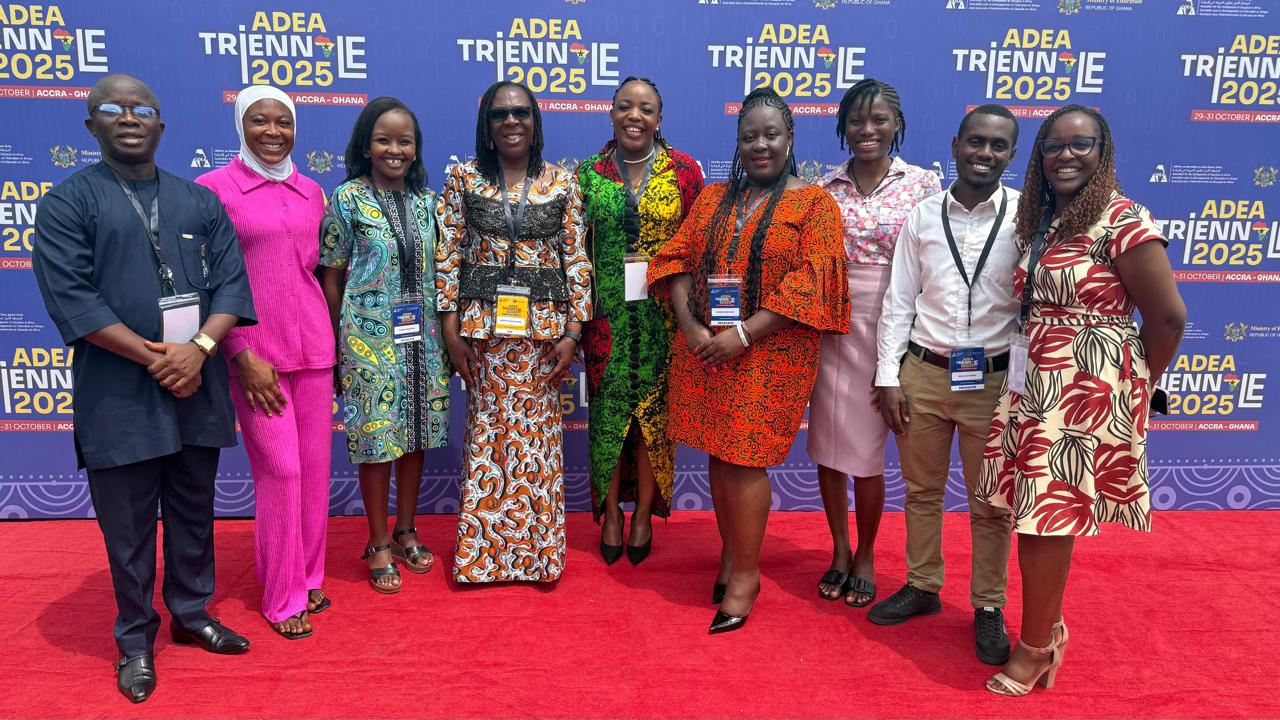
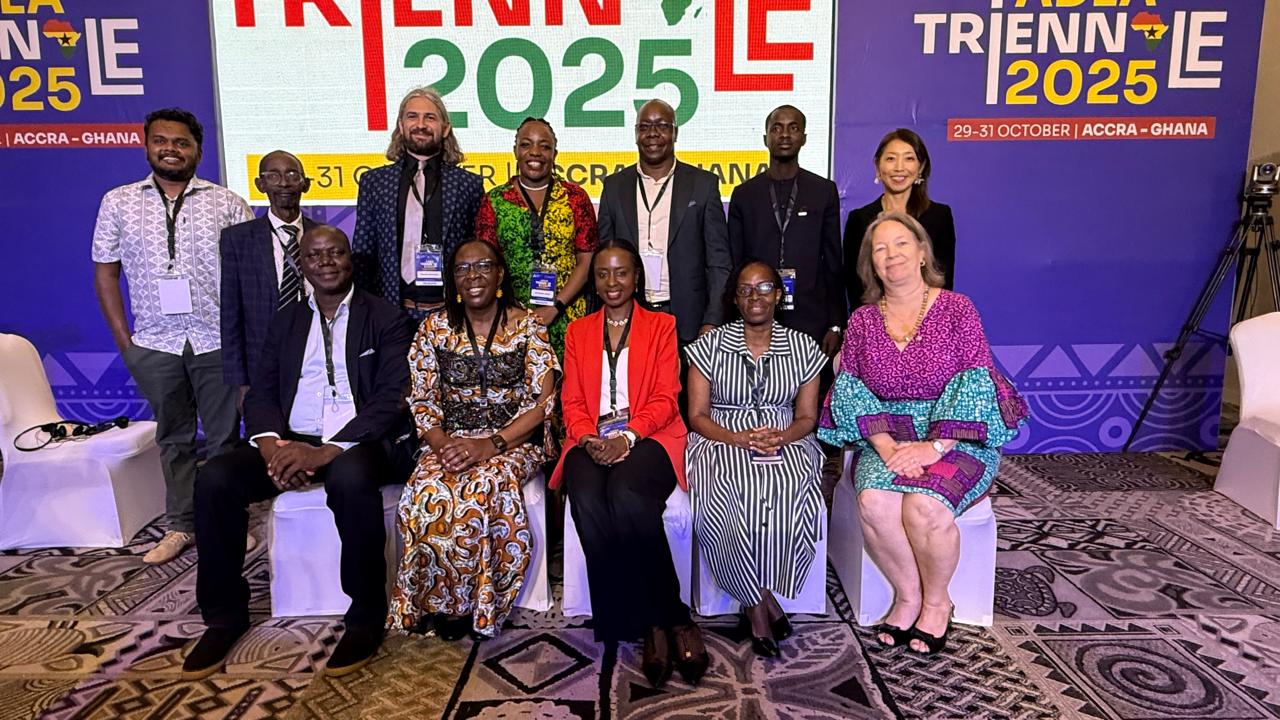
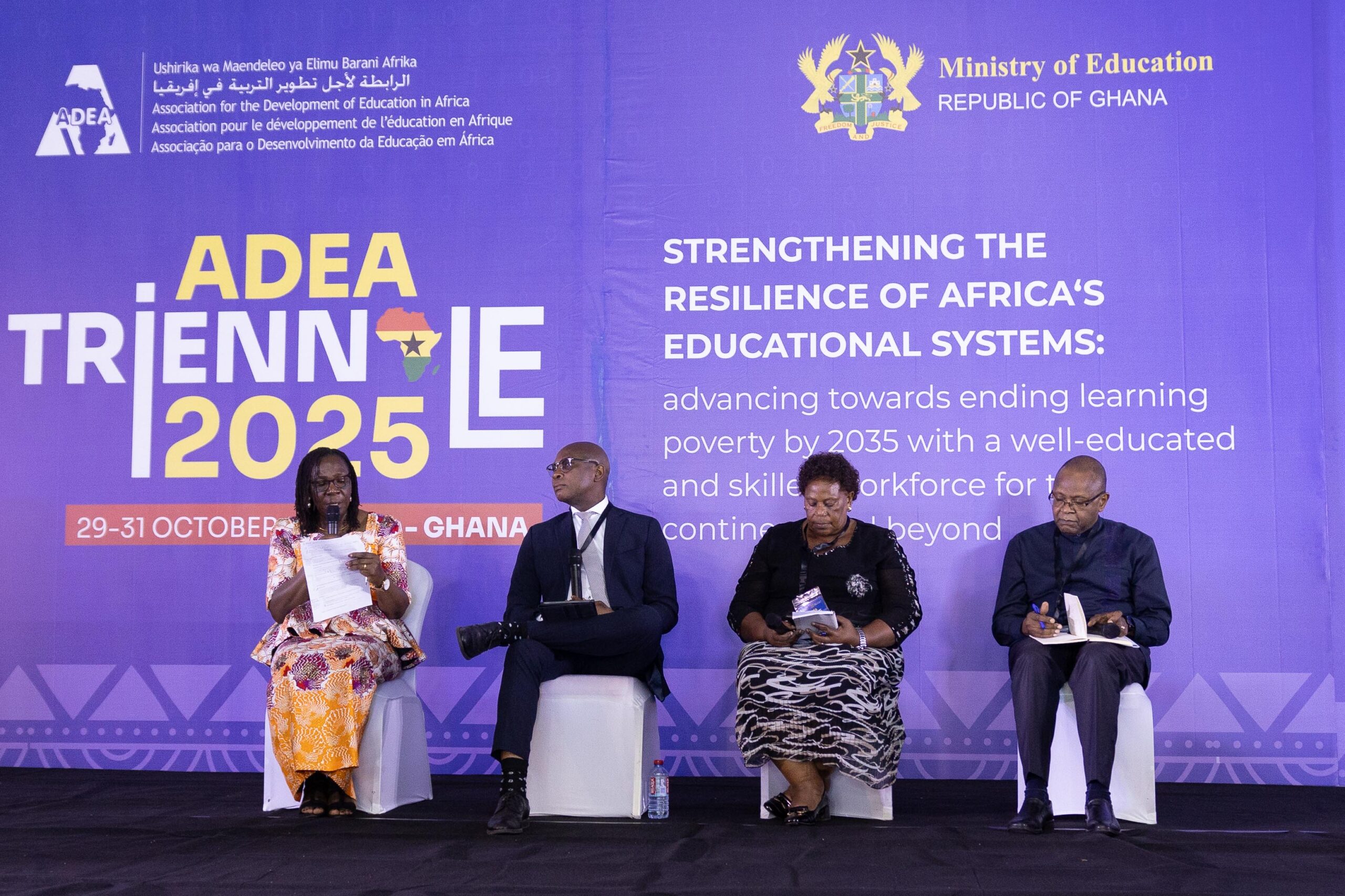


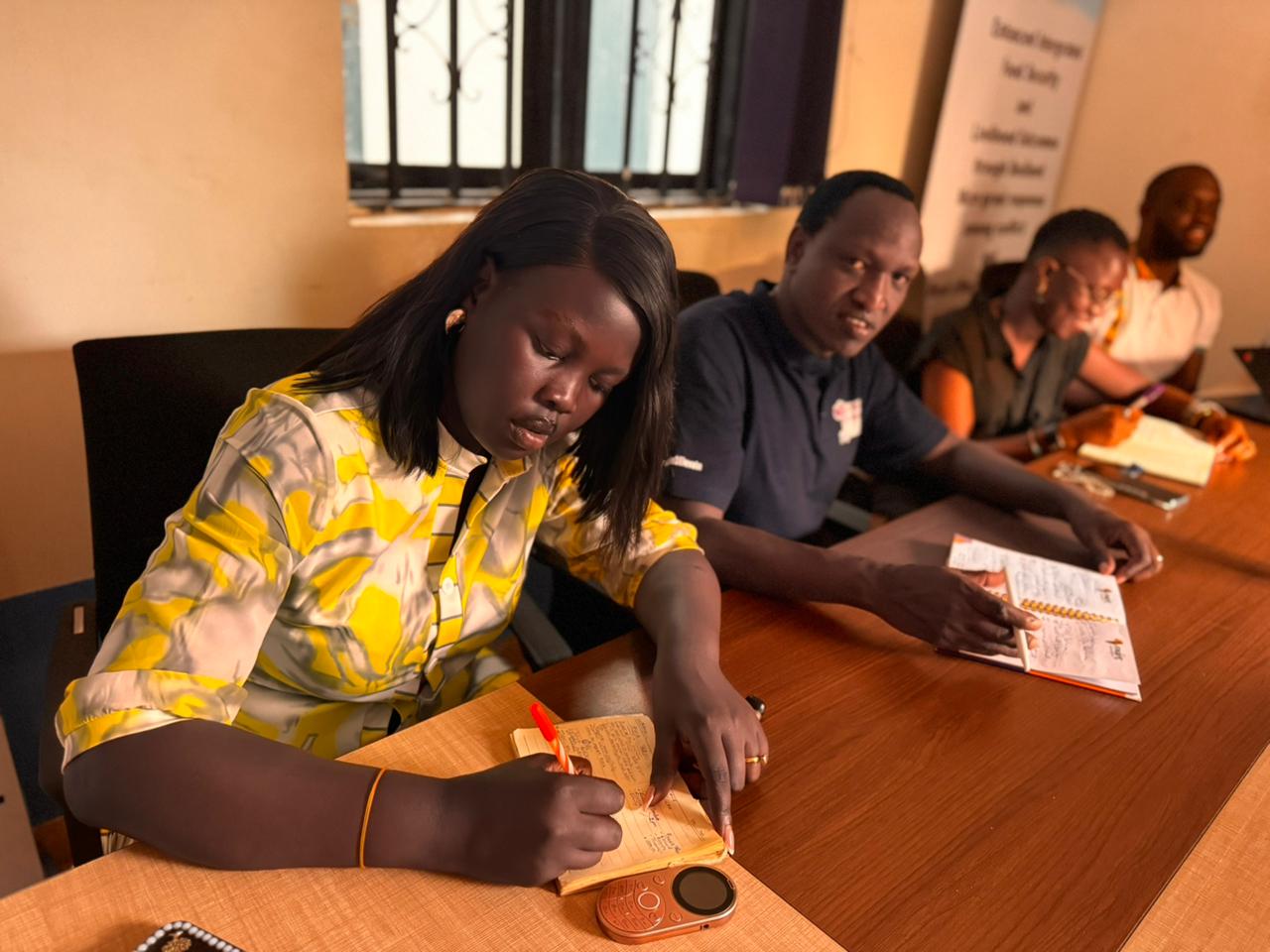
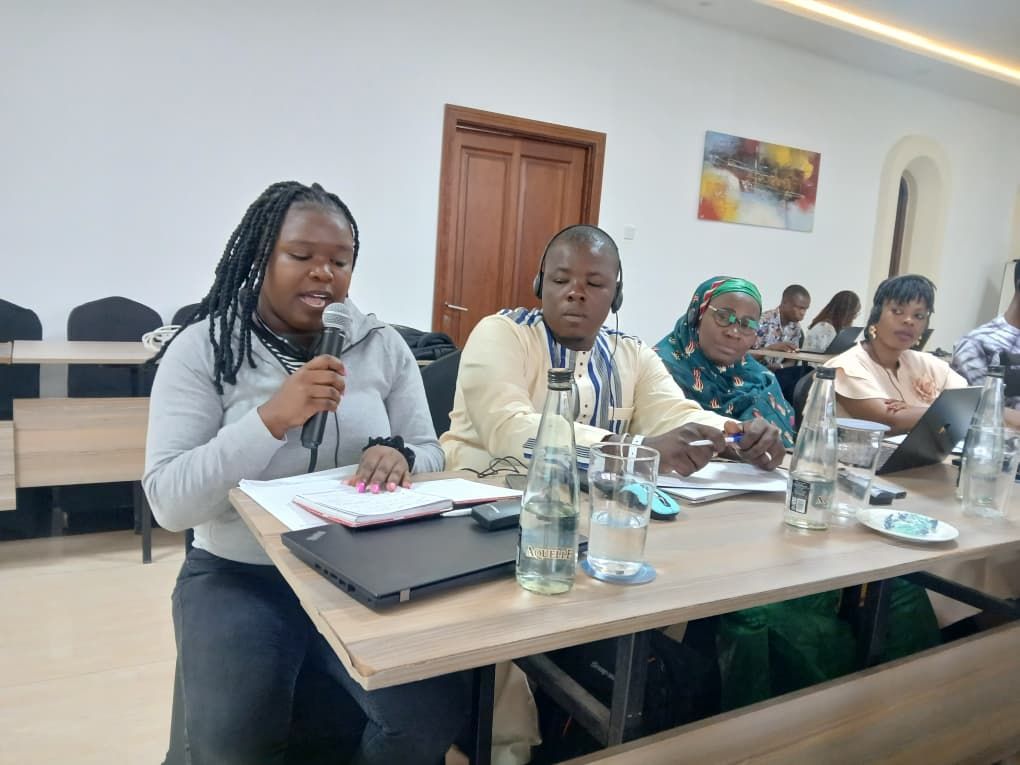
Leave A Comment